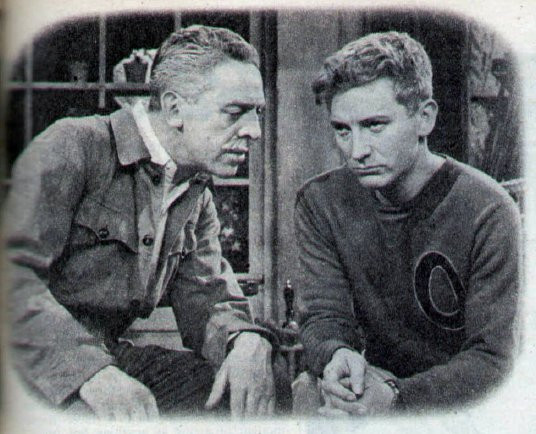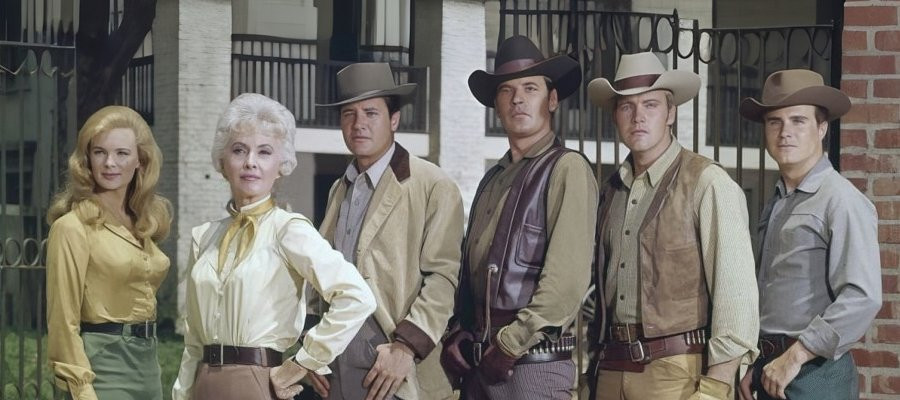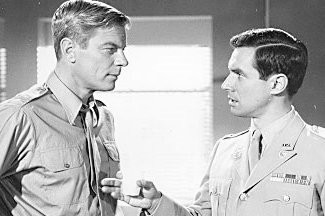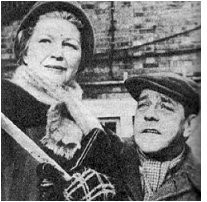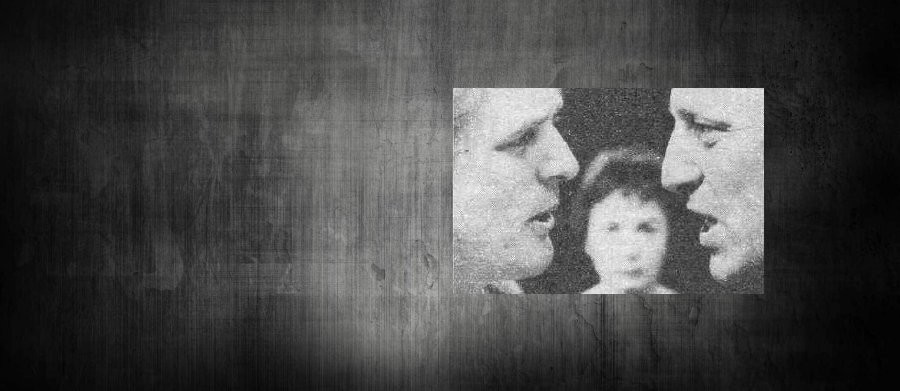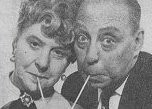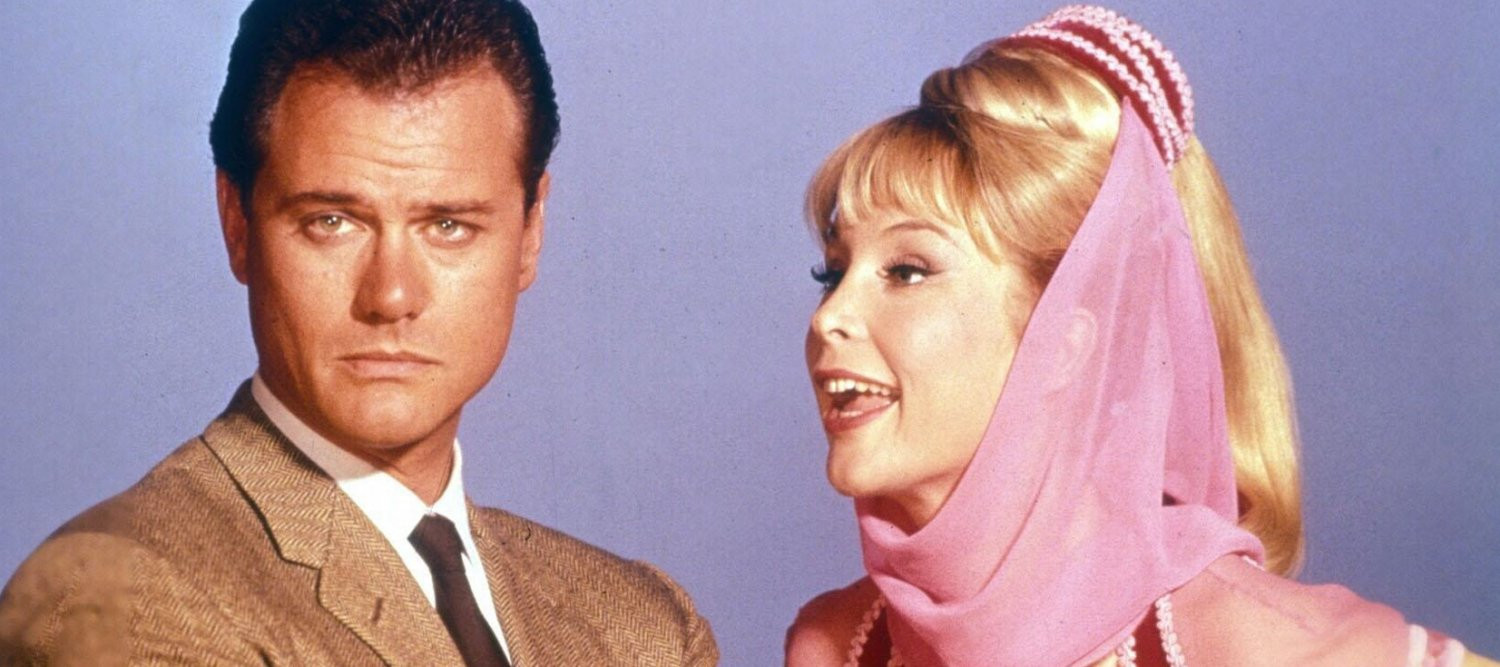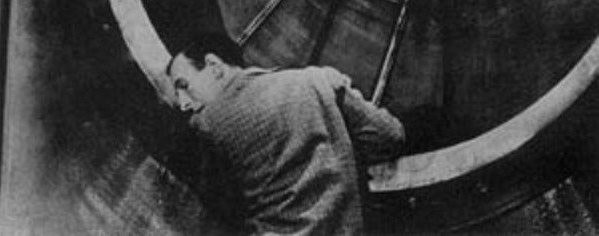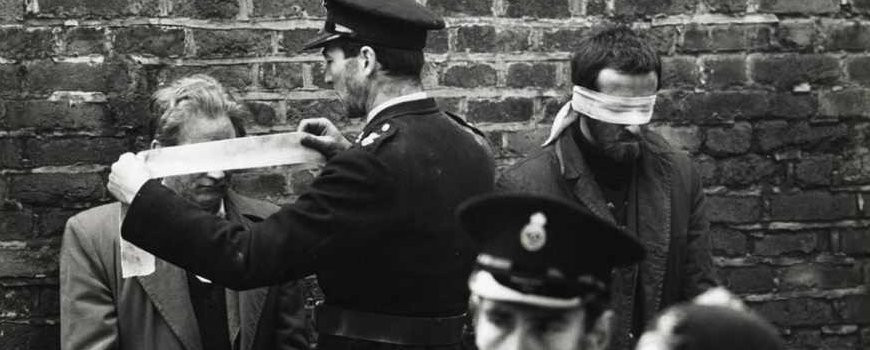
The War Game
1965 - United Kingdom"By late 1964 Harold Wilson’s newly elected Labour Government had already broken its election manifesto to unilaterally disarm Britain, and was in fact developing a full-scale nuclear weapons programme, in spite of wide-spread public protest. There was a marked reluctance by the British TV at the time to discuss the arms race, and there was especially silence on the effects of nuclear weapons - about which the large majority of the public had absolutely no information. I therefore proposed to the BBC that - using one small corner of Kent in southeastern England to represent a microcosm - I make a film showing the possible effects, during an outbreak of war between NATO and the USSR, of a nuclear strike on Britain." - Peter Watkins.
By 1964 Peter Watkins was being celebrated as an innovator of the docu-drama form. His first production, Culloden, presented the 1746 Battle of Culloden as a news report, complete with modern reporting techniques, interviews, narration and dramatic sequences. His follow up: The War Game proved to be one of the most controversial films ever made for television and was banned from British screens for almost twenty years.
In preparation for the film Watkins perused over interviews, Civil Defence documents, scientific studies and accounts of the effects of the Hiroshima and Nagasaki blasts and the non-nuclear devastation of Dresden, Hamburg and other cities during World War II. But eyes were raised by those in authority when he contacted the British Home Office to get some facts and figures such as how many hospital beds/what medical facilities would be available to the people of Britain following an all-out nuclear strike. Clearly the request rattled someone in the British government because the BBC were contacted to ask why Watkins was making a film on the subject. The BBC began to get cold feet and Watkins was warned that his film might not get made after all. Nonetheless, filming commenced in Kent in early 1965.
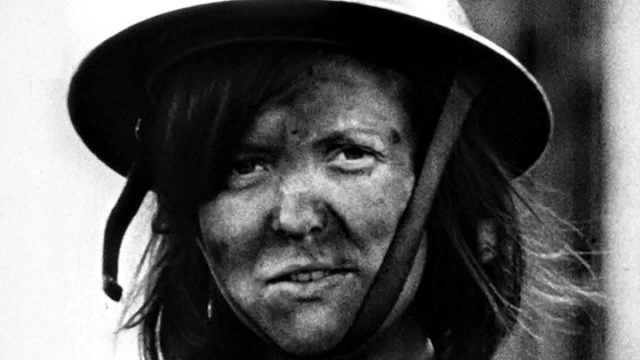
Watkins employed the same format used in the filming of Culloden - the cast were almost entirely made up of amateurs, a hand held camera was used and the action was interspersed with stylised interviews. Opinions on nuclear weapons were given by a nuclear strategist, an Anglican Bishop, a doctor, a psychiatrist - and gave details not only of the effects of nuclear fallout on the human body but also on the mind. Initially showing civilians preparing for the onslaught, the 50-minute film then concentrated on the stark reality and horrors of the aftermath.
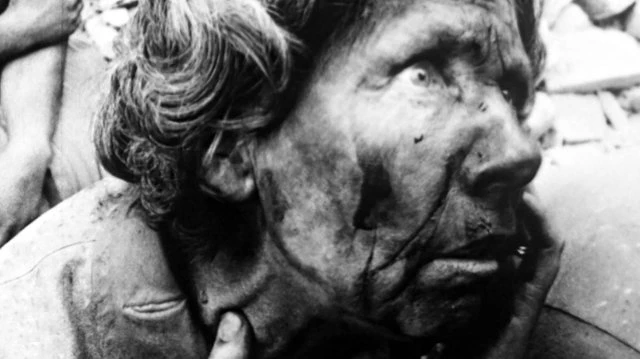
When the film was screened for BBC executives they took the unprecedented step of contacting the Home Office and inviting them for a pre-screening prior to transmission on television. On September 24th 1965 senior members of the Home Office, the Ministry of Defence, the Post Office, a representative of the Military Chiefs of Staff, and a Cabinet minister were shown Watkins' film. Six weeks later the BBC announced they were not going to broadcast it, claiming the decision was "an independent one." Officially the reason for the ban was that it was too horrifying for the medium of broadcasting and would cause alarm to children, the elderly or the unbalanced in society. However, with support dwindling for the Campaign for Nuclear Disarmament by the mid-1960s (the Vietnam War tended to eclipse concern about nuclear weapons) many CND supporters saw this film as an opportunity to revitalise interest in the subject. As public support grew the BBC organized a series of private screenings at the British Film Institute’s National Film Theatre during a week in February, 1966. But the screenings were not open to the public or film journalists but only invited guests.
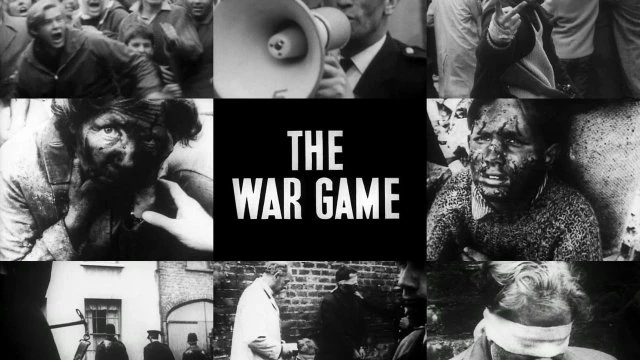
Press opinion on the film was very much divided. The Daily Express wrote: "This monstrous misrepresentation so accurately mirrors the claims of the Campaign for Nuclear Disarmament that it is a mystery how the BBC was induced to put up 10,000 pounds to make the film, which could more accurately be called The C.N.D. Game." While The Sun said: "...throughout The War Game there is not a glimmer of human resilience. And humans are incredibly, wonderfully resilient ... All The War Game has to offer is a screen of protest and blame. Not an opportunity is missed for a sneer at the Civil Defence or the Church." However, The Observer took a different point of view: "It may be the most important film ever made. The War Game stirred me at a level deeper than panic or grief ... It precisely communicates one man’s vision of disaster, and I cannot think that it is diminished as art because the vision happens to correspond with the facts."

Although not shown in the UK, the film did win the Academy Award for Documentary Feature in 1966, but British television viewers had to wait until 1985 before it was broadcast as part of a special season of programming entitled After the Bomb (which was also Watkins' original working title for The War Game), which commemorated the 40th anniversary of the bombing of Hiroshima and Nagasaki. By that time other dramas on the same subject had been made, notably The Day After (ABC TV US 1983) and Threads (BBC 1984), the latter of which particularly evoked Peter Watkins' style and delivery. The 1985 screening was introduced by Ludovic Kennedy who estimated that by then, the film, having reached significant minority audiences in art-house cinemas and throughout the anti-nuclear movement, had already reached as many as six million viewers.
Seen this show? How do you rate it?
Seen this show? How do you rate it?
Published on May 17th, 2019. Written by Marc Saul (2010) Reference Source: http://pwatkins.mnsi.net/warGame.htm for Television Heaven.


